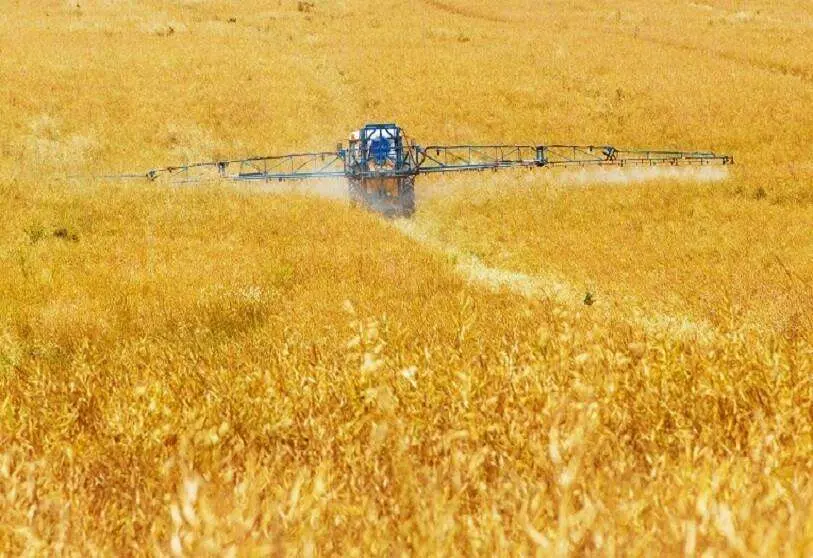Marruecos es el nuevo actor potencial frente a la escasez mundial de fertilizantes

The war between Ukraine and Russia is making it clear that export sources need to be diversified. The scarcity of basic products and resources is plunging countries into new crises in order to find them, and the search for them is not being at all easy. One example is the lack of fertilisers, where Russia dominates this market and China, which is the largest exporter, is leaving much of its production for the local market.
The high price of this product is a cause for concern and several nations have already turned their attention to Morocco. The Kingdom is the world's fourth largest exporter of fertiliser because it has significant phosphate mines, the main mineral from which it is created.
During these months of conflict and uncertainty, the Alawi country has seen its phosphate turnover grow significantly. This is largely benefiting the Moroccan economy, which has been hard hit by the consequences of the war and also by the latest drought. According to the latest report from the OCP (Office de Chérifien des Phosphates), Morocco collected 2.4 billion euros in the first quarter of this year from the sale of phosphate. This is very good news because, compared to the same period last year, exports have increased by 77% more than usual.

"The Russian-Ukrainian conflict has intensified the tense situation in terms of supply-demand balance in the phosphate market and has led to a further increase in prices, which has also been supported by rising raw material costs, especially ammonia and sulphur," the organisation said.
This situation is causing Morocco to strengthen its position in a very ambitious market. With the latest turnover figures collected, the Kingdom hopes to increase its production. In this way, the Maghreb country would conquer the number one position in this industry and would be able to face the problems of the energy crisis without inconvenience.
A few months ago, Morocco's future in this sector was predicted to be bright. The Middle East Institute (MEI) stressed that the Kingdom will play a very important role in the creation of fertiliser. It is worth noting that by the end of this year, the nation will have produced 10% more than usual and will have 1.2 million tonnes of fertiliser more than expected. In turn, between 2023 and 2026, production levels are expected to grow by a further 58% and the UK is expected to contribute more than seven million tonnes of additional fertiliser to global production.
Russia's blockade of resources is leading to a global food crisis and countries with few options for accessing markets are suffering. According to the UN Food and Agriculture Organisation (FAO), the lack of fertilisers and phosphate "could have a negative impact on food production and food security".

Morocco promises to play a key role in this crisis, and experts are already predicting good things. According to an analysis by the Middle East Institute, the United States has praised the Alawi kingdom's decisions in this field and claims that Rabat is proving to be a potential player for Africa, Europe and the US itself.
Many countries are already interested in Morocco's phosphate production. Japan, affected by the Russian-Ukrainian war, has already announced that it will import the mineral from the Kingdom. "We want to import these phosphates to enrich agricultural production for the coming autumn season. Morocco is a world power in phosphate and that's why my country is interested in importing a large amount of fertiliser," said Arata Takebe, deputy minister of agriculture, forestry and fisheries of the Japanese country. Bangladesh has also announced the import of 40,000 tonnes of Moroccan fertiliser.
Another interested nation is Brazil. During the last visit of Marcos Montes, the Brazilian agriculture minister, he reported that his country is planning to open a phosphate processing plant. After a meeting with Mostafa Terrab, president of the OCP, he declared that Morocco could become his main exporter for the proper functioning of the factory.








